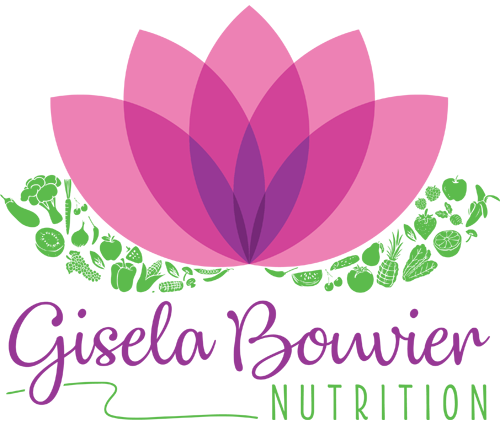As a Dietitian, you may assume what my top 5 tips/reminders are regarding nutrition – i.e. eat fruits and vegetables, drink 8 cups of water daily, have protein at every meal, etc. However, nutrition is so much more than that.
Check out my top 5 most important tips I always share when it comes to Nutrition.
Top 5 Most Important Nutrition Tips, according to the Corporate Nutritionist
1. How You Eat is More Important than What You Eat.
Too often, many people are focused only on what foods they are consuming, but their meal environments are completely ignored. Although having a diverse and nutrient-dense diet is very important for health, your meal environment is also very important. We live in a world that consumes us with work, technology, and being on the go. Many eat their meals while working, watching TV, in the car, or while scrolling through their phones. All of these methods of eating mean that we are mindlessly eating, which means we are disconnected from our hunger and fullness cues and our nutritional instincts. Focusing on creating intentful and mindful eating environments whenever possible is just as important as the food we consume. Mindful eating is correlated with improved blood sugars, weight maintenance/loss, and less stress around foods.
2. Frozen, Canned, and Boxed Food is Still Nutritious.
The media often says to “only eat in the perimeter of the grocery store” to “avoid processed food.” However, consuming foods found down the aisles and in your grocer’s freezer will not only still benefit your health – such as including oatmeal, canned tuna, frozen vegetables, and canned beans – but it will very often also be more affordable.
3. All Food is Good Food.
Food is often seen as a negative thing instead of positive. Food creates memories, traditions, and experiences. When food is negative or labeled as “bad,” it can hinder our meal experience. All food serves a purpose and is “good” in their own way. An apple can provide more nutrients but a slice of cake can become a memory of a special birthday.
4. Focus on What You Can Add In versus What You “Should” Take Out
As a dietitian, I am not a fan of fad diets. The biggest reason is that they focus on what you “shouldn’t eat” versus helping people focus on how to incorporate more nutrient dense foods into their diet. Focusing on what you can add in can significantly optimize your health, while not demonizing any foods.
5. Eat When You are Hungry
When we feel hunger, our bodies are telling us that they need fuel. Ignoring our hunger cues because we are busy, trying to lose weight, or simply have no desire to eat, means that our bodies will eventually “crash.” We lack energy, focus, and can become irritable. Further, ignoring hunger cues means that it could lead to becoming over hungry later. When we eat when being over hungry, it hinders our meal experience, we can be completely disconnected with our fullness cues, and we have shifts in our blood sugar levels. Listen to your body and feed it when it is asking you for nutrition.
What’s your favorite tip? Share with me in the comments!

Recent Comments